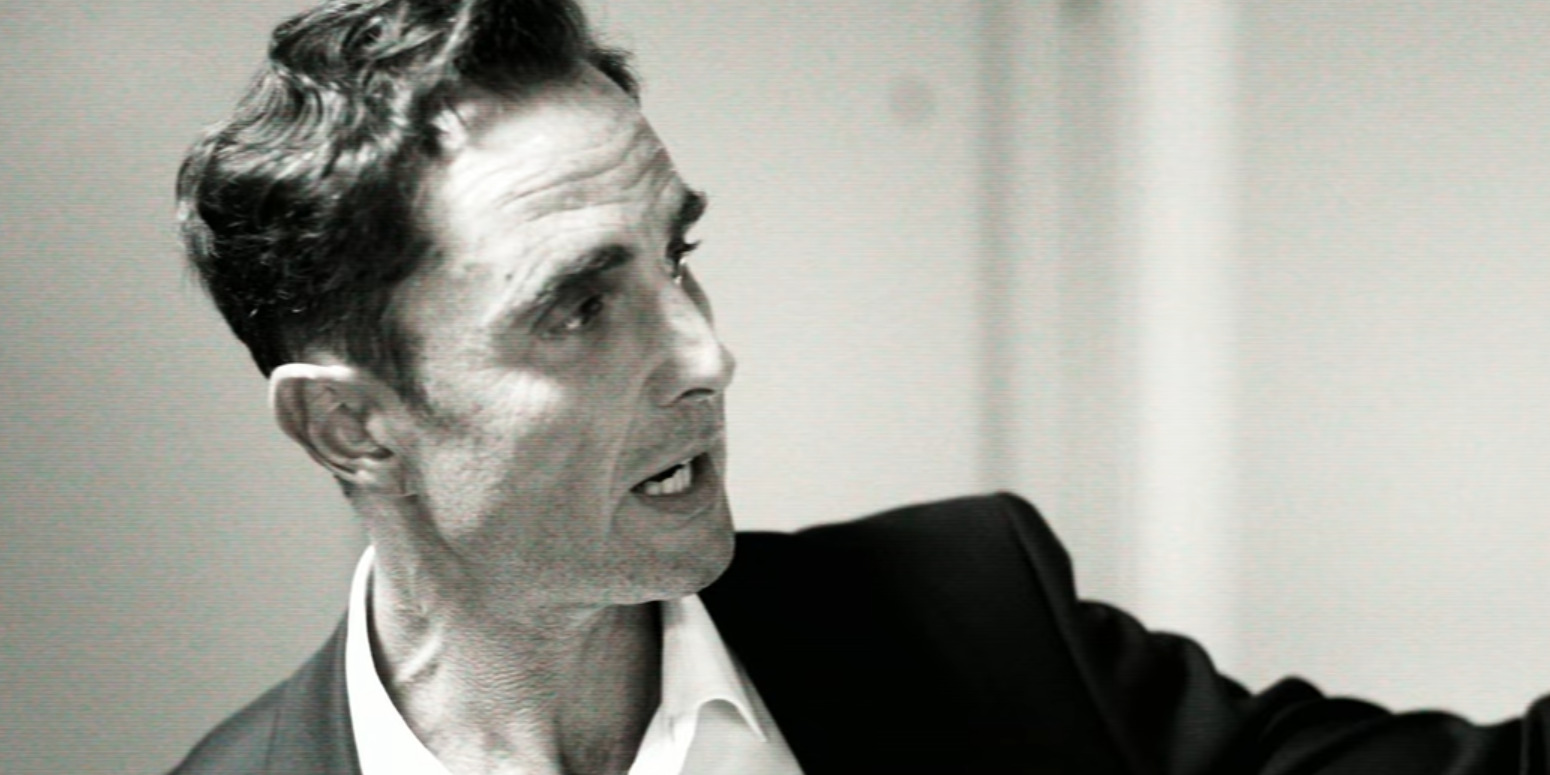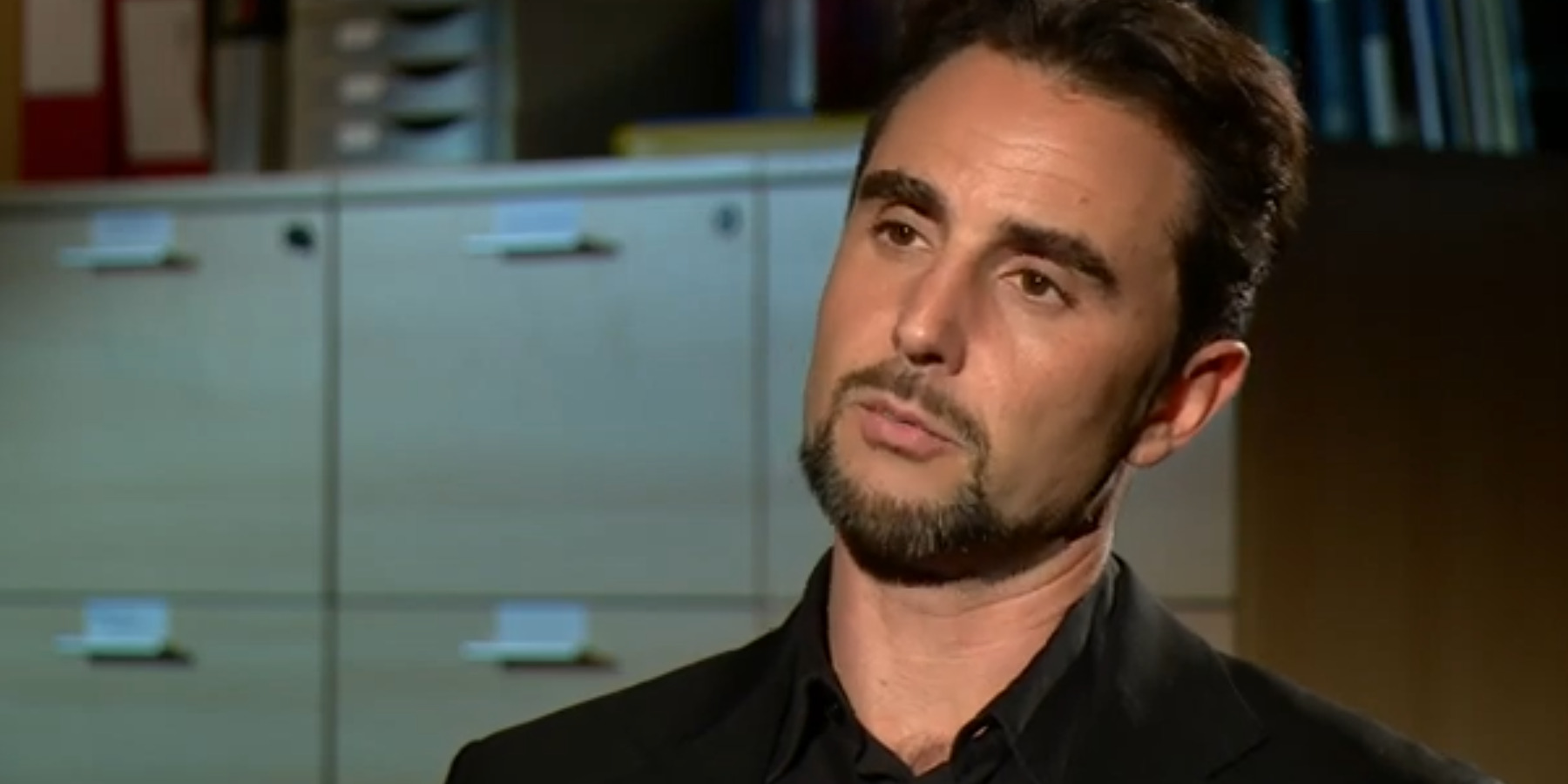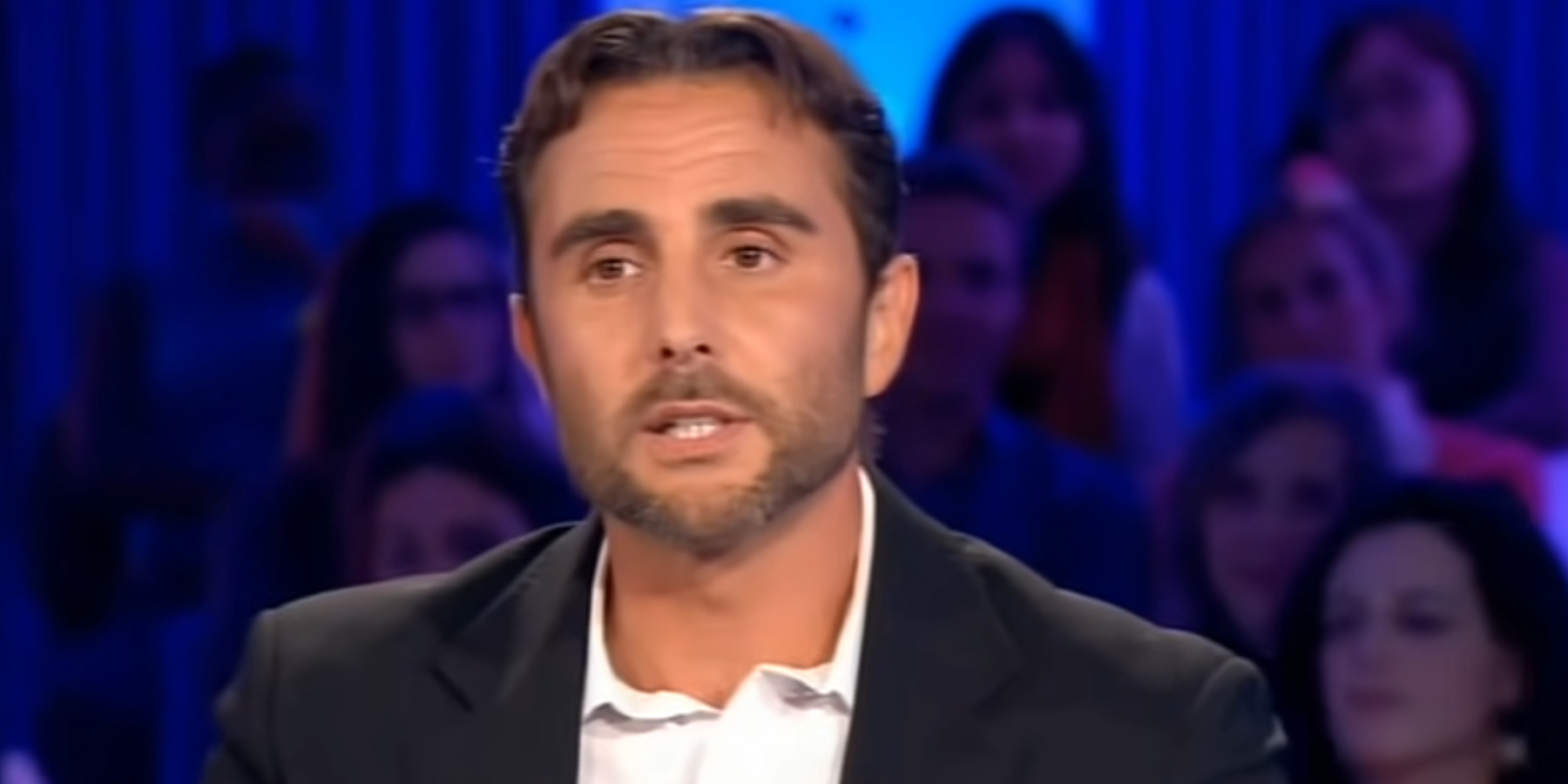The Spanish film, ‘The Courier,’ delves into the real-life scandal that unfolded in Spain during the early 2000s, when numerous corrupt officials— high or low— profited off the era’s real estate bubble. Rather than centering around a prominent public figure, the film equips the partially fictionalized narrative of Iván Márquez, a classic rags-to-riches individual who climbs the ladder of corruption from the bottom up. After starting in the money laundering scene as a courier with a 3% commission rate, Iván’s high ambitions and witty solutions earn him a spot at the table until the entire proverbial dinner party, full of greedy bankers, councilors, and others, faces their demise.
Within the film’s narrative, the Falciani List, a collection of leaks consisting of bank records proving millions worth of tax evasion, bribery, and fraud, brings the ultimate fall of Iván and his associate’s business. Thus, due to Falciani and his list’s instrumental nature in the historical banking scandal, one must wonder about their origins in real life.
The Faliciani List: Biggest Banking Leak in History
Since ‘The Courier’ harvests a substantial amount of narrative inspiration from real life, the storytelling element that remains significant to the plot progress ends up retaining an evident basis in reality. As such, the Faliciani List presents one such element that is directly lifted from Spain’s recent history. In the film, one of the IT members from Jacques Stoffel’s team introduces the Faliciani list to the narrative, delivering just desserts to the criminal ring at the story’s center. It unveils the banking history of individuals partaking in tax evasion through money laundering. As a result, it contributes notably to bringing about the inevitable fall of Anne Marie, protagonist Iván Márquez, and their various business partners.

A similar turn of events unfolded in real life, wherein Hervé Falciani, an IT specialist and employee at HSBC bank in Geneva, came in possession of a list with highly sensitive information. It listed 130,000 names that revealed tax evasion, money laundering practices, and off-shore accounts of organizations and individuals in the Swiss banking system. After fleeing to France with the same information in 2008, Falciani ended up leaking the list, leading to one of the biggest banking leaks in history.
Multiple countries, including France and Spain, utilized the information retrieved from the Falciani list to go after tax evaders and minimize the existing financial corruption within their systems. Thus, the man’s actions contributed significantly to the anti-corruption sentiments across nations. Later, when Hervé Falciani discussed his actions from 2008, he highlighted the collaborative nature behind the list.
“I couldn’t have done what I did alone,” said Falciani in an interview with El Pais. “At the bank, I was in charge of strategic projects— I did not have direct access to the data. The Falciani List was a collective plan: I spoke with technicians; many of them were not Swiss— they had a different conscience. And what happened next was also planned. It would not have occurred to me all by myself to come to Spain.”
Even though the film only references the Falciani List, the on-screen narrative element’s relationship to reality remains evident and tangible. In the film, viewers only get a glimpse of the tip of the iceberg when it comes to the list’s consequences. Nonetheless, in real life, the Falciani List continues to have ripple effects to this day in minimizing tax evasion and strengthening banking security.
Hervé Falciani Evaded Extradition
After Hervé Falciani leaked his list, incriminating the names of several organizations and individuals in matters of money laundering and tax evasion, the authorities in Switzerland attempted to extradite and arrest the man. As a result, an international arrest warrant was released for him in 2009. Nonetheless, no official arrests followed. Eventually, Falciani fled to Spain in 2013, where his extradition request was rejected. Spain established that Falciani’s Swiss crimes weren’t legal offenses within their borders. Consequently, he went on to give lectures about his experience and retained a near-permanent position in Spain’s tax office.

Nonetheless, Switzerland sentenced Falciani to five years of imprisonment in 2015 on the basis of financial espionage and data theft. While the man continued to live in Spain without any talks of extradition or imprisonment for a few years, 2018 brought a tumultuous time for him when he underwent a sudden arrest in Madrid on April 4. Eventually, five and a half months later, Falciani was released, with Spain ultimately denying his extradition orders.
Currently, at 52, Falciani is considered by many to be a Robin Hood-esque heroic figure for his involvement in the banking leak. However, due to his contentious relationship with the Swiss law, he lives a rather unusual life. When asked about his updated whereabouts, he said, “[I live] in several countries, but when my life becomes normal again, I would like to return to Spain. Now I don’t even have a cell phone on me.” Furthermore, he also works with organizations such as Baltasar Garzón and Valencia Anti-Fraud Agency.
While Falciani lives a relatively private life, he recently returned to the public eye through ‘The Courier’ film, where he sports a cameo to play his own on-screen self. Speaking about the same, he said, “Regarding this film in which I have participated, ‘El Correo’ [‘The Courier’s’ Spanish title], I like the fact that it exposes that power in an entertaining way to Generation Z, that it makes the point that it is more attractive to be an infiltrated courier, an informant, than a regular courier [person who transfers money].”
Read More: Francisco “Paco” Escámez and José Luis Ocaña: Where Are They Now?


You must be logged in to post a comment.